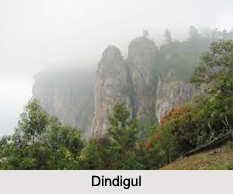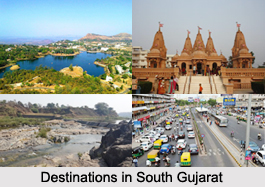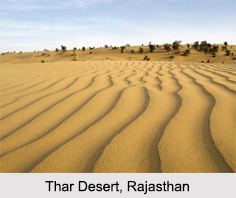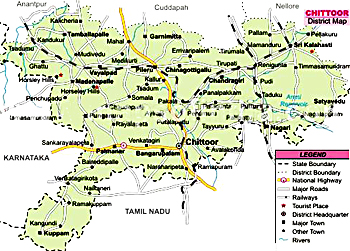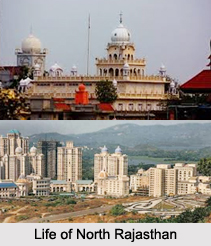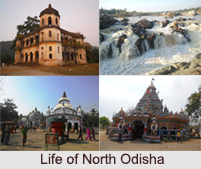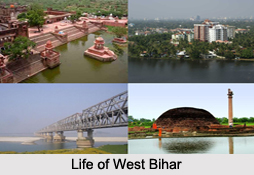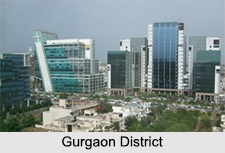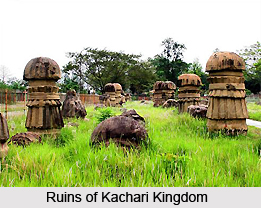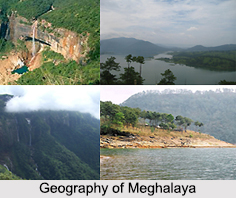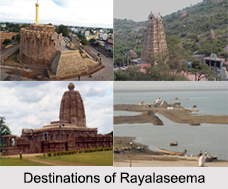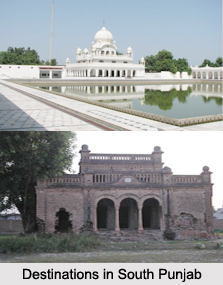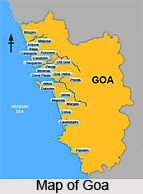 India gained its independence in 1947 but Goa remained under the Portuguese rule. Since the conquest by Albuquerque in 1510, there had been many unsuccessful endeavors to overthrow the Portuguese. The residents of Assolna, Velim, Cuncolim, Ambelim and Veroda initiated the foremost attack on the colonialists in 1550 but they could not be successful in their mission. Their properties were confiscated and the leaders were arrested and executed.
India gained its independence in 1947 but Goa remained under the Portuguese rule. Since the conquest by Albuquerque in 1510, there had been many unsuccessful endeavors to overthrow the Portuguese. The residents of Assolna, Velim, Cuncolim, Ambelim and Veroda initiated the foremost attack on the colonialists in 1550 but they could not be successful in their mission. Their properties were confiscated and the leaders were arrested and executed.
The Satyagraha movement in Goa subsequently continued up to November 1946. During this period many leaders were arrested for defying the ban on civil liberties. However by the end of 1946, the Satyagraha movement came to a halt. The Portuguese government then began adopting oppressive measures to obliterate this movement from Goa and safeguard their position in the state.
In 1949 Jawarharlal Nehru`s government had sent an operation to Lisbon for negotiating with the Portuguese government regarding their withdrawal from Goa. To Nehru`s surprise, the Portuguese government flatly refused to even discuss the matter. By 1953, the Indian operation was discontinued and diplomatic relations between the two governments were conducted through intermediaries.
The National Congress (Goa) which was previously operating in Goa began its operations in Mumbai while other parties formed were the the Goa Liberation Council, Azad Gomantak Dal, the Goan People`s Party, the United Front of Goans, the Quit Goa Organization and many others.
The National Congress as well as the Liberation Council were firm supporters of non-violence while on the other hand the Azad Gomantak Dal voted to fight against the regime including the use of arms. Hence they even began attacking the Portuguese troops by obstructing the frontiers, blowing up ammunition dumps and also police stations. In the meantime the Portuguese Government got alarmed and began setting up the army with troop concentrations in Goa and got ready to declare war on India. The Portuguese Dictator Salazar refused to negotiate with India.
The Government of India until 1961 maintained a low profile but in a seminar held in October 1961 in New Delhi on `Portuguese Colonialism` Nehru gave an open warning to the Portuguese. The warning however went unheeded. On December 17, 1961 India`s Prime Minister Jawaharlal Nehru gave open orders to the military invasion and liberation of Goa. A Portuguese army of 3,000 ill-equipped troops was surpassed by 30,000 Indian troops, supported by the Indian air force and navy. The Portuguese Governor General Vassalo da Silva thus surrendered to India. Within three days Goa was integrated into India through an operation named as `Operation Vijay` on December 19th 1961. The other Portuguese territories of Daman and Diu were also taken over by the Indians during the same time. Thus the `Union territory of Goa, Daman and Diu` was finally formed. December 19th of every yea is celebrated as Goa Liberation Day. In 1963 the first assembly elections were held in Goa in which Dayanand Bandodkar was elected as the first Chief Minister of Goa.







